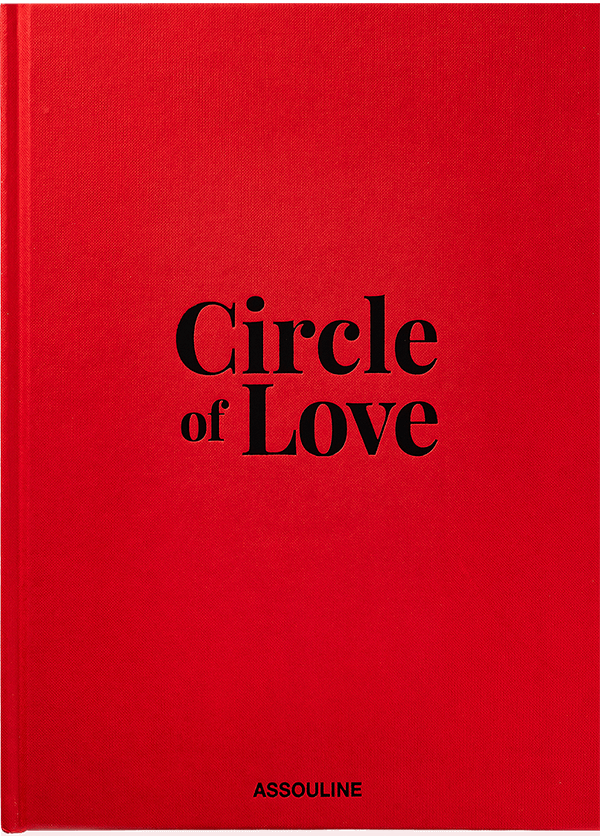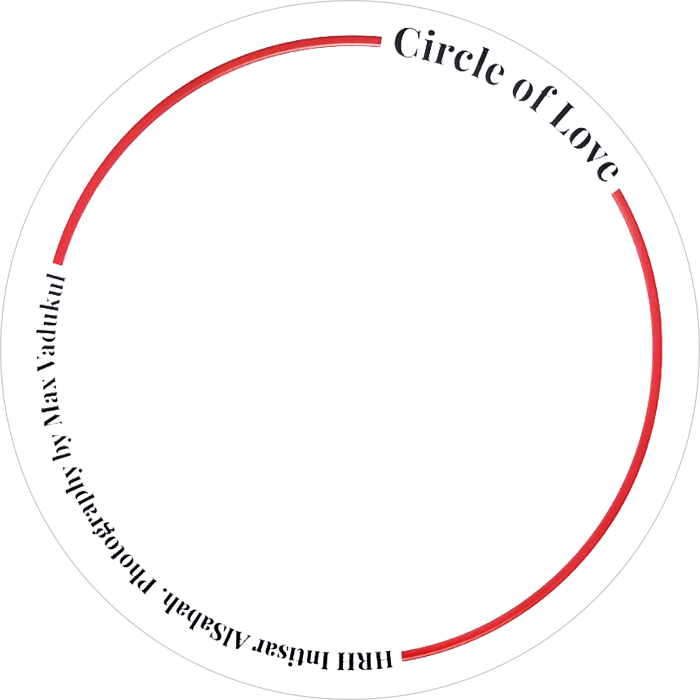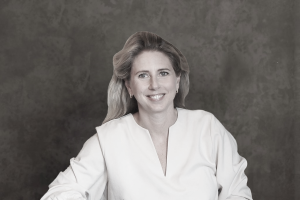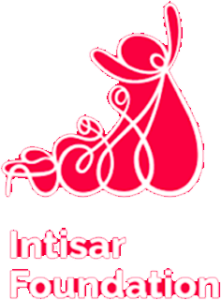X


Nina Hoas is the Head of Philanthropy Advisory at the largest royal family-owned private banking and asset management group LGT.

“Practice strategic philanthropy that supports changing whole systems. I’ve seen this happen when philanthropists and foundations find each other and start funding towards the same goals, usually aligned with governmental priorities. We start seeing deep systemic change that can scale and last.”
Please give us your opinion on the philanthropic sector in the Arab world. How can we all contribute to making a more positive impact in our communities?
This region has a rich history of charitable giving that is deeply rooted in both faith and dedication to the community. It’s been interesting to see a rise in more strategic philanthropic practices in recent years, especially amongst the next generation. We recently published a pioneering study into philanthropy in the Gulf Cooperation Council together with the Centre for Strategic Philanthropy at the University of Cambridge. We had the pleasure of featuring HH Sheikha Intisar AlSabah as one of the philanthropists in this study, as a testament to this trend. The report estimates giving in the GCC to be worth USD 210 billion annually, which is substantial. Of course, the Arab world is larger than the GCC, but from our experience advising clients around the world, it’s interesting how values, causes, and motivations don’t really change much across borders.
There are two ways we can all contribute to making a more positive impact: firstly, give more generously and in a longer-term and less restrictive manner. Secondly, practice strategic philanthropy that supports changing whole systems. I’ve seen this happen when philanthropists and foundations find each other and start funding towards the same goals, usually aligned with governmental priorities. We start seeing the deep systemic change that can scale and last. The Arab world needs this type of philanthropy, and we stand by to provide advice about how to do this in practice.
Please give us your opinion on the Intisar Foundation’s work and achievements since its inception in 2019 until today.
Where to begin! Sheikha Intisar and the Intisar Foundation have been pioneers bravely working on mental well-being, still considered a taboo topic in many parts of the world. They have given visibility to the topic throughout the region and beyond, in a relatively short period of time.
Using drama therapy to enable the psychological recovery and self-empowerment of Arab women traumatized by war and violence is also commendable, as self-authorship has been proven as a means to overcome trauma. We fully support and believe in the capacity of Arab women for self-empowerment and to be a force for good in promoting peace in the region and beyond. And combining this work with a rigorous focus on evidence is a textbook example of how to pursue strategic philanthropy. We also very much value the foundation’s focus on collaborating with others from the beginning.
What pieces of advice can you share with us on how to be even more impactful?
This is a difficult question for me to answer. Specifically for Intisar Foundation, I would venture to say the biggest next step would be to find a way to distribute your solid methodology at scale to millions of others, without necessarily having to grow your own organization. For example, through social franchising or codifying your knowledge and offering it open source to others who may want to implement similar programs.
More generally in the region, we really appreciate how philanthropists are increasingly speaking up more about their giving – this will foster more collaboration in years to come! We see dialogue between philanthropy and governments are complementary, towards larger national goals and initiatives. We are also seeing a prominent trend amongst the younger generations. Their families may have given for generations – but as the next generation takes over, they apply a more focused strategy to their giving and are also curious about more innovative approaches to philanthropy and even impact investing.
What do you consider to be the most pressing challenges faced by Arab women affected by war and violence currently? In your opinion, how can we advance the position of women in the Arab world?
I am not an expert on the issues faced by Arab women, yet in my view, the most important role of philanthropy is to help redress the structural discrimination that women around the world have experienced for decades. I have come to know Arab women as strong and powerful. We just need to remove the barriers, be they cultural or economic, for them to take their destinies into their own hands. Having role models of prominent women in leading roles in various fields of society is also a way to create space for more women to lead.
What would be your top three pieces of advice for philanthropic organisations in the Arab world in 2023?
Three ideas for consideration.
1) Women’s rights are important not only for women but for everyone in society, including men – an inclusive society benefits everyone. We think this message needs to get across, otherwise, it may seem that women’s rights take something away from men.
2) In the same vein, mental well-being is not exclusively for those traumatized by war and violence. It is imperative that we all pay attention to this area of our lives early on.
3) I would promote the idea of not re-inventing the wheel and instead, looking around at what other organizations are doing, be it in the Arab world or beyond. Many times, philanthropic organizations are working so much in their own area, that they forget to look beyond to see if something can be learned from others.

Officially registered as a humanitarian organisation with the Charity Commission for England and Wales in 2019, Intisar Foundation is the first charitable organisation in the Middle East dedicated to providing psychological support programmes of drama therapy to Arab women affected by the brutality of war and violence.
Intisar Foundation
McCarthy Denning, Suite 102,
70 Mark Lane, London, EC3R 7NQ
UK Registration Charity Number: 1182384
Media error: Format(s) not supported or source(s) not found
Download File: https://intisarfoundation.org/wp-content/uploads/2020/06/Breathing-Excercise.mp4?_=1Media error: Format(s) not supported or source(s) not found
Download File: https://intisarfoundation.org/wp-content/uploads/2020/06/Dance-exercise.mp4?_=2Media error: Format(s) not supported or source(s) not found
Download File: https://intisarfoundation.org/wp-content/uploads/2020/06/Grounding.mp4?_=3Media error: Format(s) not supported or source(s) not found
Download File: https://intisarfoundation.org/wp-content/uploads/2020/06/Self-Embodiment.mp4?_=4Media error: Format(s) not supported or source(s) not found
Download File: https://intisarfoundation.org/wp-content/uploads/2019/12/Logo_reveal_6.mp4?_=5
Leave a Reply